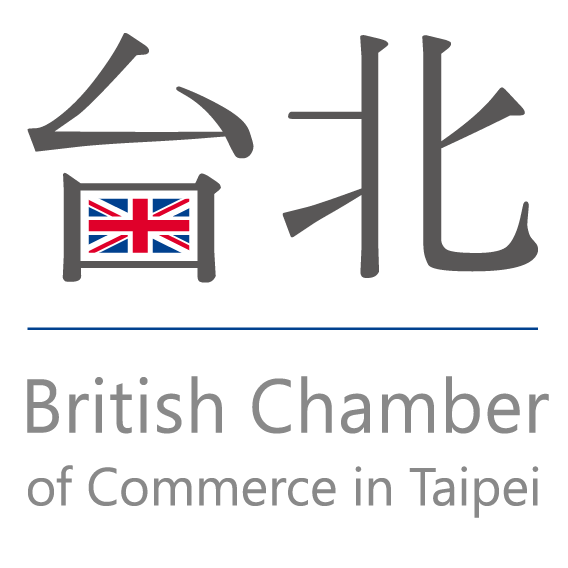SVB collapse and Credit Suisse failure: Lessons for Taiwan banks and regulators

With global markets abuzz with the news of the collapse of Silicon Valley Bank (SVB) on March 10 and the subsequent failure of Credit Suisse (CS) on March 20, it is easy to be alarmed and subscribe to at least some commentary that sees this as the start of a new global financial crisis.
U.S. regulators announced the takeover of SVB when depositors rushed to withdraw tens of billions of dollars.
What was SVB?
SVB was not a megabank of the likes of JPMorgan or Goldman Sachs, but it was a major player and successful in the tech sector as the 16th largest U.S. bank with billions of dollars in deposits.
What went wrong at SVB?
In hindsight, bad investments led to its collapse. SVB had to invest the billions of dollars of deposits that it had on its books, deposited by a then flourishing U.S. tech industry.
Traditional lending was a limited avenue for SVB, so SVB chose to invest billions of dollars in long-term U.S. treasury bonds, generally considered safe, modest, and prudent investments, when U.S. interest rates were at record lows in 2021.
However, long-term bonds only pay out at maturity, and they lost value as the Fed began to raise interest rates in 2022 to fight inflation. SVB had to sell the bonds at a staggering US$1.8 billion loss, which caused panic among investors and depositors. This led to a sharp sell-off of the bank’s shares, and a run by depositors.
SVB’s collapse also highlights the almost unique behavior of SVB’s customers, venture capital firms, startups, and wealthy tech sector individuals to use SVB exclusively as “their bank”, thereby creating their own form of what is known as concentration risk.
What was CS?
CS's story stretches back to July 5, 1856, and its original purpose was to finance the expansion of the railroad network as well as further industrialize Switzerland.
At the time of its purchase by UBS Group AG (UBS), the largest Swiss-based multinational investment bank and financial services company, on March 19, CS was the second-largest financial institution in Switzerland.
What went wrong at CS?
Battered by years of scandals and losses, CS had been fighting a crisis of confidence for months. The collapse of SVB and concerns of a new global financial crisis saw CS needing a $54 billion lifeline from the Swiss central bank on March 16 to shore up its capital after a slump in its shares and bonds. The now generally accepted view is that UBS was prompted to buy CS following concerns relating to CS expressed by the Swiss government and the Swiss financial regulator. Some commentators also expressed that UBS feared a global banking crisis if it failed to buy CS.
It was surprising that CS had continued for so long. The failings of CS included a criminal conviction for allowing drug dealers to launder money in Bulgaria, entanglement in a Mozambique corruption case, a spying scandal involving a former employee and an executive, and a massive leak of client data to the media. The fines and sanctions from global regulators were so frequent and numerous as to warrant an entirely separate article. The more interesting story will be how UBS integrates CS into its business.
Impact on Taiwan?
The collapse of SVB had little impact on Taiwan and, according to the Financial Services Commission (FSC), Taiwan’s principal financial regulator, Taiwanese insurance and securities firms had no exposure to SVB. Taiwanese trust funds are said to have had some NT$300 million (US$10 million) in exposure to SVB, but this is not considered to be a substantial amount and will not impact Taiwanese investors.
Similarly, the failure of CS had little impact on Taiwan. The FSC confirmed the domestic banking sector's exposure to CS was limited and no banks held CS’s high-risk AT1 bonds. In Taiwan, the total amount of exposure to CS was estimated to be NT$155 billion (US$5.08 billion), including NT$47 billion in the banking sector and NT$108 billion in the insurance sector. Certainly, larger numbers than in SVB’s case, but CS was a global bank, and this is simply an increase in exposure to UBS.
Could these events happen in Taiwan?
At present, a collapse or failure of a Taiwanese bank, in the manner of SVB or CS, would be unlikely. Taiwanese banks are highly regulated by the FSC, and they undergo regular in-house inspections almost every two years. Taiwan’s banks are quite conservative. There are obvious geopolitical risks that affect Taiwan, but not any single Taiwanese bank.
The FSC plans to conduct stress tests on Taiwan’s banks over the first half of 2023 with the results to be published in June. It is unclear if the results of these tests will be publicly reported.
Taiwan is certainly overbanked, with some 38 major banks in operation at present, and there seems little appetite amongst the banks for mergers or acquisitions. Taiwanese banks seem more interested in creating payment systems, backed by credit cards, for their retail clients, as opposed to creating high-risk products or being involved in scandals and corruption.
In terms of deposit protection, Taiwan has its own Central Deposit Insurance Corporation (CDIC). The CDIC is the only institution in Taiwan exclusively in charge of managing the deposit insurance system and serves as an integral part of Taiwan’s financial safety net.
Conclusion
We are unlikely to see a Taiwanese bank collapse in the manner of SVB, especially as no one bank serves only one industry or sector. We are also unlikely to see the failure of a Taiwanese bank in the manner of CS. There are regulatory guardrails in place, a vigilant regulator, and a generally more conservative environment. There will be lessons to learn from the SVB collapse and CS failure and it is certain that Taiwan will watch and learn.
Our member, Paul Shelton has a 30-year history in banking, working as head of Legal & Compliance and MLRO for the Asia Pacific branches of major international financial institutions in Japan, Singapore, Australia, and Hong Kong. He is also experienced at working with financial regulators across the Asia Pacific and provides consultancy services to Taiwanese financial and non-financial industry associations in all aspects of Compliance, AML/Sanctions, and Governance. He resides in Taipei.
